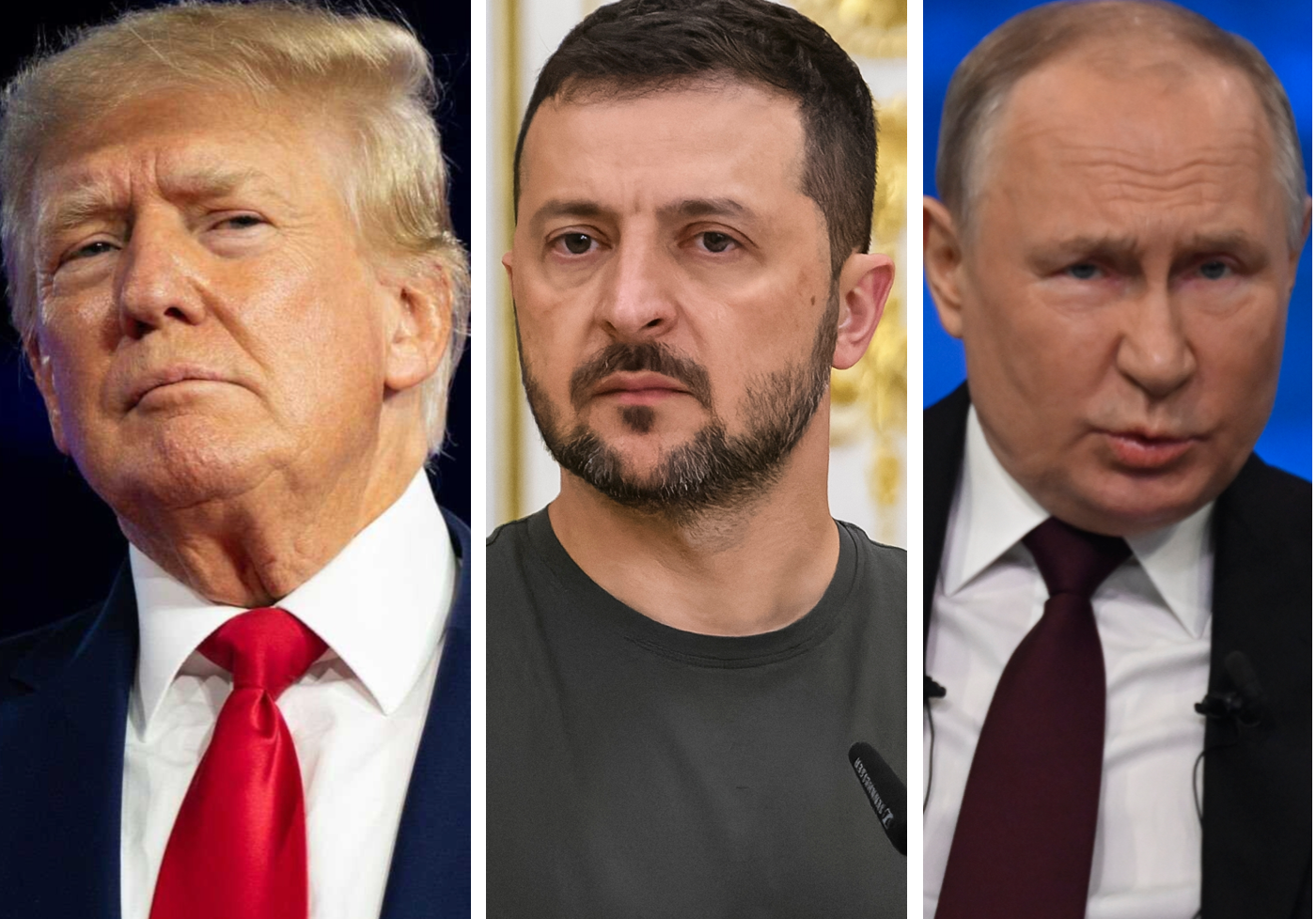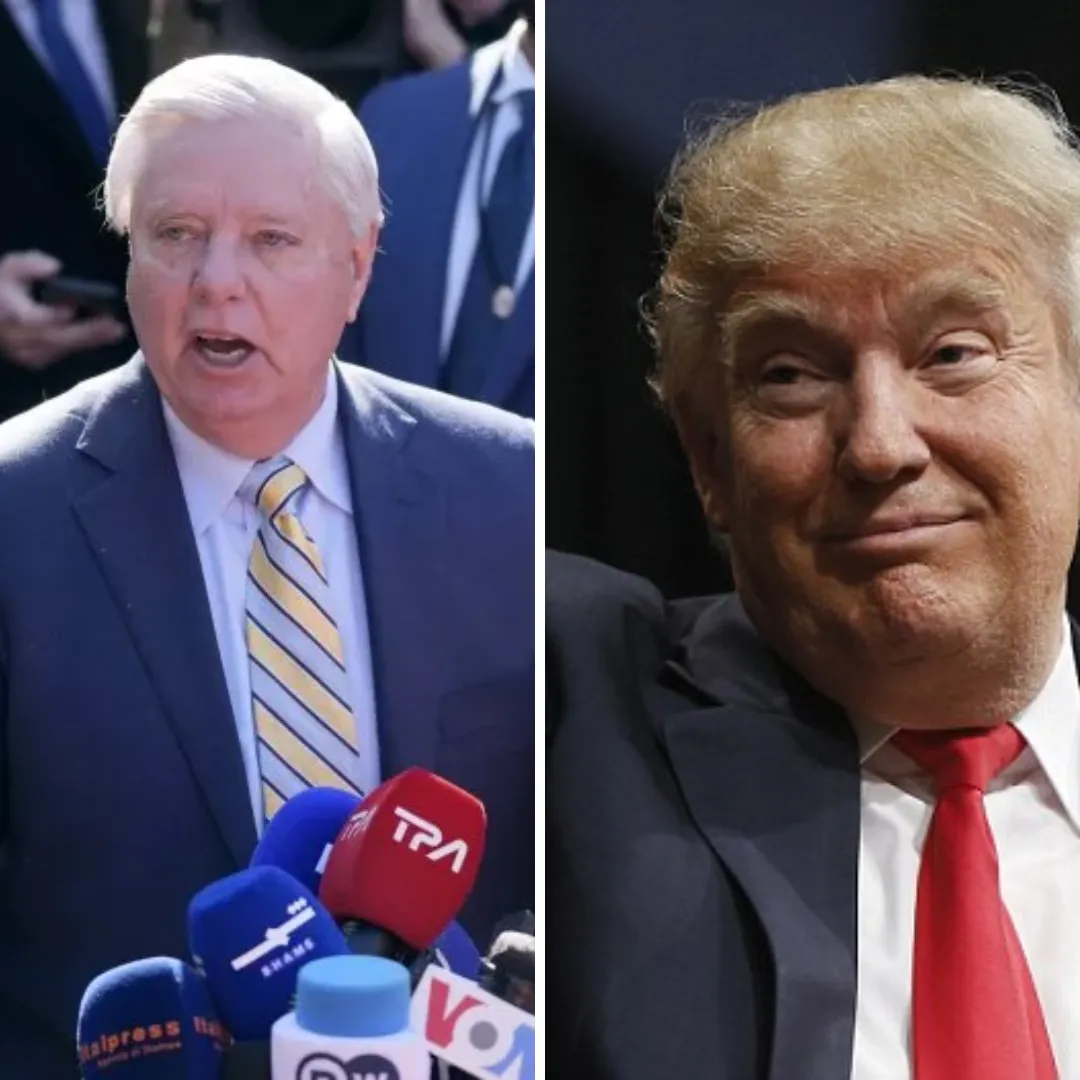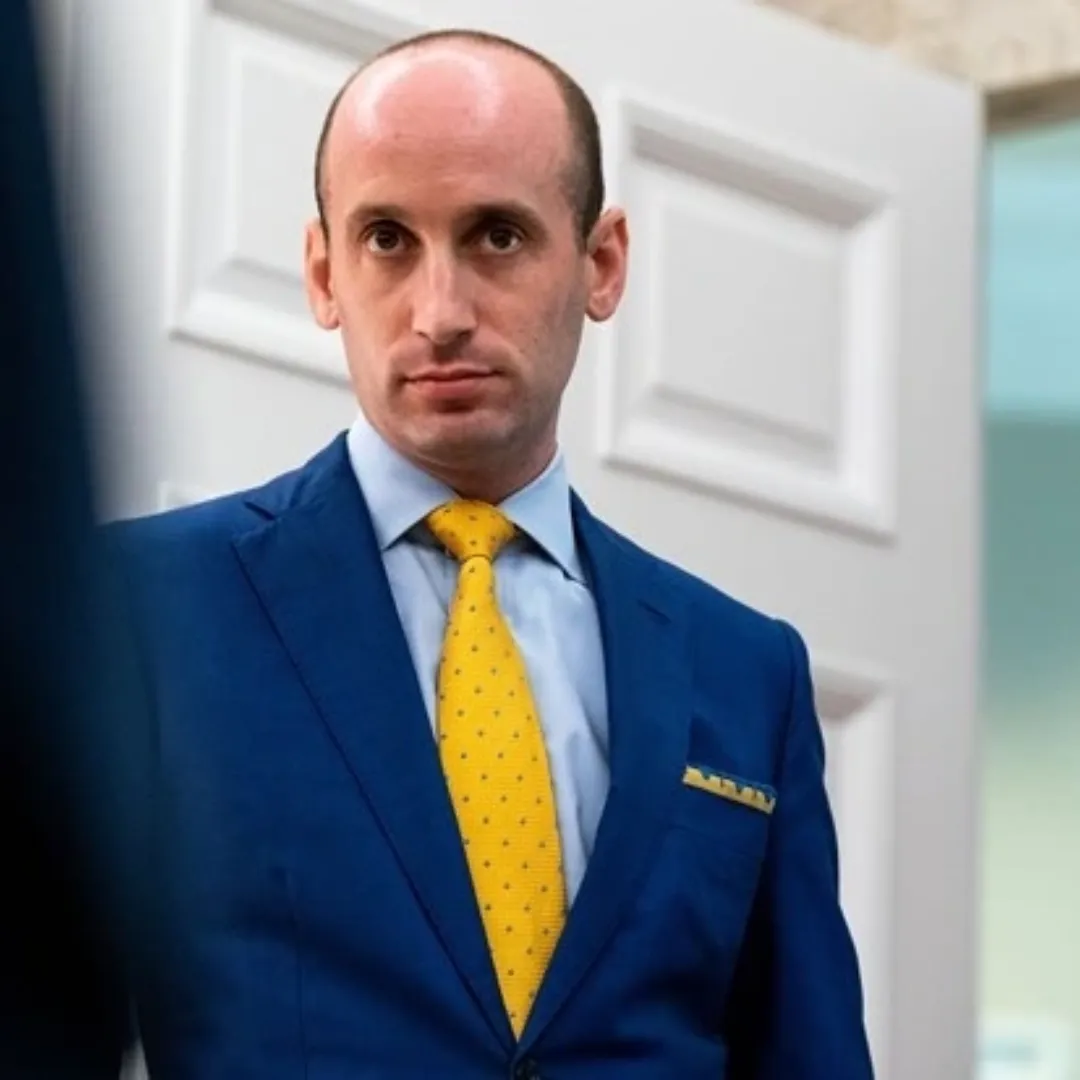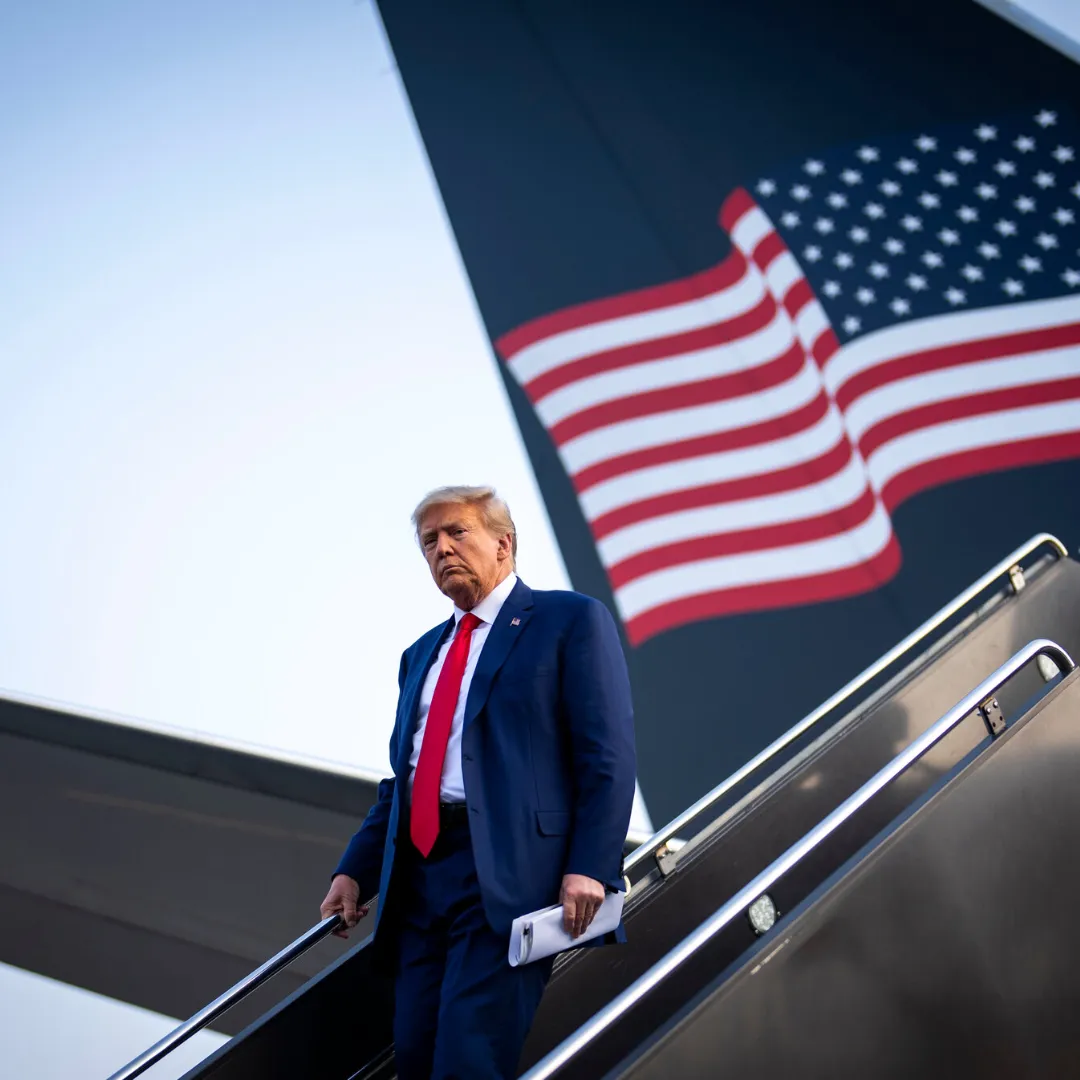
President Donald Trump on Sunday issued a dramatic public call urging Ukraine to agree to direct negotiations with Russian President Vladimir Putin, as the bloody war between the two nations continues into its fourth year with no end in sight.
Posting on his Truth Social platform, Trump said that while Putin appeared unwilling to sign a ceasefire deal with Ukraine, the Russian leader was prepared to sit down with Ukrainian officials this Thursday in Turkey to negotiate what Trump described as a potential path to peace.
“President Putin of Russia doesn’t want to have a Cease Fire Agreement with Ukraine, but rather wants to meet on Thursday, in Turkey, to negotiate a possible end to the BLOODBATH.
Ukraine should agree to this, IMMEDIATELY,” Trump wrote in all caps, emphasizing the urgency of the situation. He argued that such a meeting would allow European and American leaders to assess whether a deal was possible, and “proceed accordingly.”
Trump further suggested that Ukrainian hesitation may be driven by politics or distraction, expressing skepticism about whether a real peace agreement would be reached.
“I’m starting to doubt that Ukraine will make a deal with Putin, who’s too busy celebrating the Victory of World War II, which could not have been won (not even close!) without the United States of America. HAVE THE MEETING, NOW!!!” Trump posted.
The message came just hours after Russian President Vladimir Putin formally proposed high-level peace talks with Ukraine in Istanbul. In his own remarks, Putin framed the proposed Thursday meeting as an opportunity “to achieve the restoration of a long-term, lasting peace.”
Yet within hours of his announcement, Russia also launched another round of drone attacks on Kyiv, casting doubt on Moscow’s sincerity in pursuing diplomacy.

Ukrainian President Volodymyr Zelensky responded by cautiously accepting the idea of direct talks, but only on the condition that a full, temporary ceasefire be put in place first.
Posting on the social platform X, Zelensky wrote, “We await a full and lasting ceasefire, starting from tomorrow, to provide the necessary basis for diplomacy.
There is no point in prolonging the killings.” He then confirmed he would attend the meeting in Turkey and challenged Russia not to sabotage the opportunity. “And I will be waiting for Putin in Türkiye on Thursday. Personally. I hope that this time the Russians will not look for excuses.”
On Monday, Trump expanded his diplomatic outreach by speaking with Turkish President Recep Tayyip Erdoğan. Trump described the call as a “very good and productive telephone conversation” that touched on the conflicts in Ukraine, Syria, and Gaza.
According to Trump, Erdoğan extended an invitation for him to visit Turkey, while Trump likewise invited Erdoğan to Washington. “In any event, I look forward to working with President Erdoğan on getting the ridiculous, but deadly, War between Russia and Ukraine ended — NOW!” Trump posted.
Turkey has played a unique role throughout the Russia-Ukraine conflict, maintaining relations with both sides despite being a NATO member. Erdoğan’s government has at various times hosted ceasefire talks and prisoner exchanges, while also selling military drones to Ukraine and maintaining energy ties with Moscow.
Trump’s flurry of activity this week reflects his increasing effort to position himself as a key broker of peace in a war that has drained Western military aid, devastated Ukrainian cities, and cost thousands of lives.

He has recently expressed cautious optimism about a potential diplomatic breakthrough, though he also acknowledged in interviews that the U.S. might soon scale back its efforts to broker a ceasefire if talks continue to stall.
“I do believe we’re closer with one party. And maybe not as close with the other, but we’ll have to see,” Trump said during an interview with “Meet the Press” that aired May 4.
Highlighting the humanitarian toll, he added, “Five thousand soldiers a week on average, are dying. They’re not American soldiers, but I want to solve the problem.”
As part of this broader effort, Secretary of State Marco Rubio’s office confirmed on Sunday that he would accompany Trump on his Middle East tour this week, which includes stops in Saudi Arabia, Qatar, and ultimately Turkey.
While in Turkey, Rubio is set to attend an informal meeting of NATO foreign ministers where he will discuss “security priorities for the Alliance, including increased Allied defense investment and ending the Russia-Ukraine war,” according to a press release.
Rubio, who has emerged as one of Trump’s closest foreign policy allies in his second term, recently said he believes a peace agreement remains possible. Still, he admitted that the political divide between Moscow and Kyiv remains wide, with both sides showing little military appetite for further escalation but also no immediate pathway to reconciliation. “There is no military solution,” Rubio said earlier this month, signaling support for Trump’s diplomatic push.
The situation remains fluid and complex. While Putin’s willingness to attend peace talks may represent a strategic calculation amid increasing Western fatigue over the conflict, his continued attacks on Ukrainian territory suggest that any diplomatic overture is still entangled with aggression.

At the same time, Ukraine’s demand for a ceasefire as a prerequisite for talks underlines its reluctance to walk into negotiations while under fire.
For Trump, the Turkish talks represent an opportunity to play statesman and peacemaker on the global stage, just as he did during past summits with North Korea and negotiations in the Middle East.
Yet critics warn that his bold public declarations risk oversimplifying a conflict rooted in years of political, territorial, and military tensions. They also point to Trump’s unpredictable diplomacy and concern that any deal brokered under his watch may not prioritize long-term stability or align with the interests of America’s European allies.
As Thursday approaches, eyes across the world will turn to Istanbul. If the meeting proceeds as planned, it will mark the first face-to-face discussion between Zelensky and Putin in over a year — a moment that could either signal the start of a fragile peace process or reveal how deep the impasse has become. With Trump, Erdoğan, and NATO leaders all involved behind the scenes, the stakes are as high as ever.



